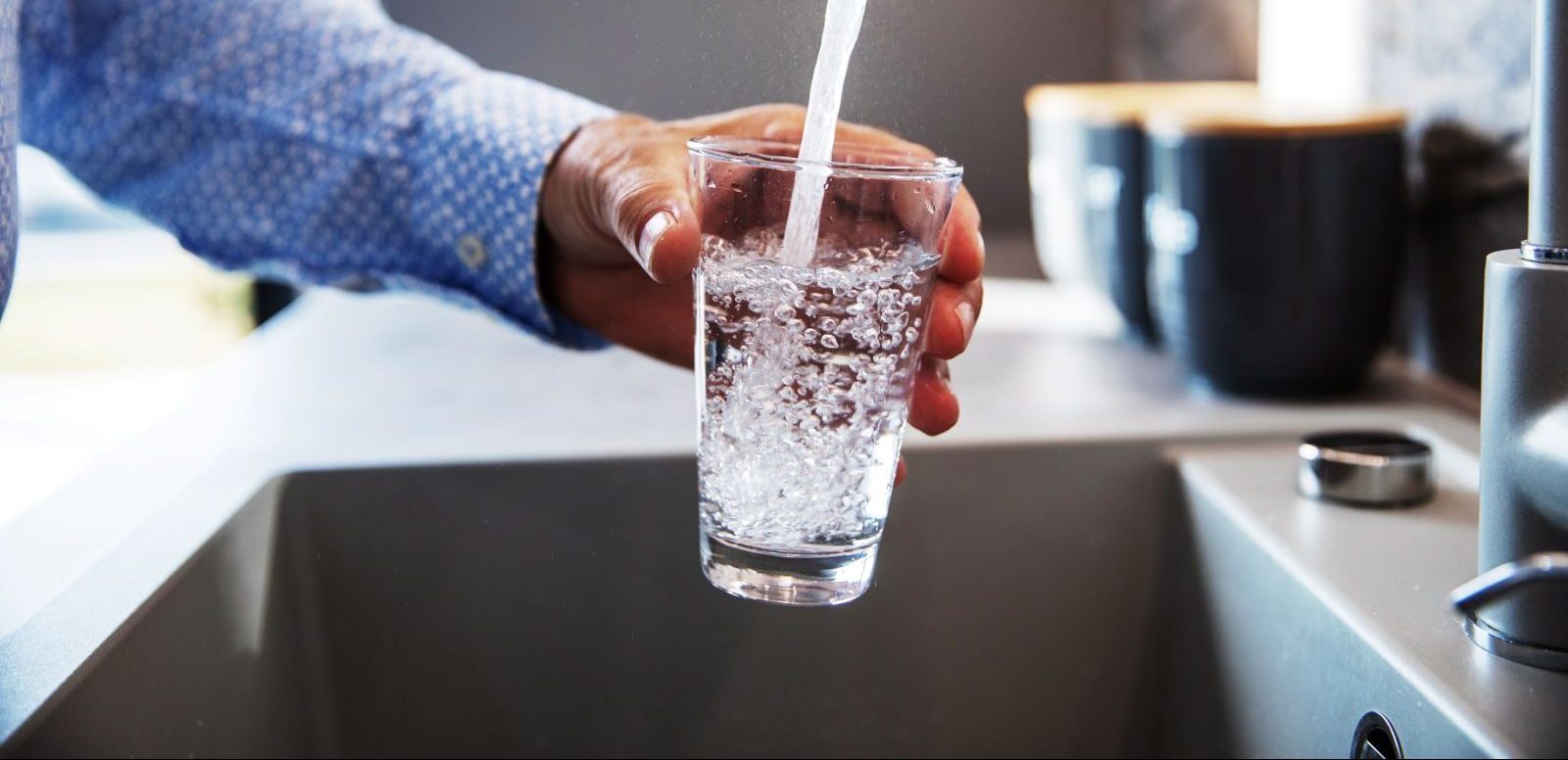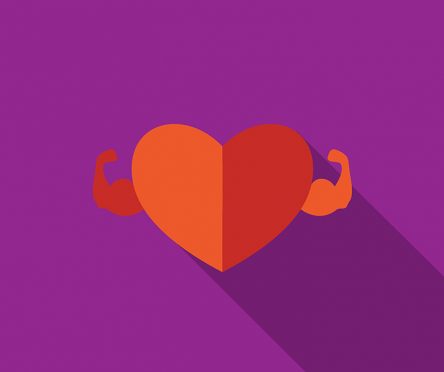Bottoms up – the fountain of youth overflows with water.
Well, that might be an overstatement, but new research shows that staying hydrated can help us live healthier and longer lives.
“I cannot overemphasize the benefit of staying hydrated, particularly with water,” says Brad Biskup, PA, with the Lifestyle Medicine Program at the Hartford HealthCare Heart & Vascular Institute. “It sounds like a little thing, but staying hydrated throughout the day helps all parts of the body.”
That was the conclusion of researchers from the National Institute of Health (NIH) who measured signs of hydration in middle-aged people and then tracked the incidence of chronic disease and early death. Those who did not maintain recommended levels of hydration were linked to poorer health and a higher risk of early death.
> Connect with the Heart & Vascular Institute’s Lifestyle Medicine Program
The science of the study
Specifically, the NIH researchers tracked levels of serum sodium in the blood. Levels of the substance rise when a person has not drank enough fluids, especially water. The facts they offer include:
- People with high levels were 50% more likely to feel older than their chronological age.
- Water-restricted mice live six months less than hydrated mice, which equals shortening a human lifespan by 15 years.
- 50% of the population is not adequately hydrated.
Chugging along
With this news in mind, you might wonder how much you should tip the water bottle each day. According to the Centers for Disease Control and Prevention, the amount we need depends on age.
Recommendations suggest that people ages 20 to 39 chug 51 ounces a day, while those ages 40 to 59 can stop at 43 ounces a day. It’s important, however, to listen to your body and drink water when you feel thirsty, Biskup says, adding that the added flow has an instant effect on the body.
“The higher the water intake, the better the kidneys will work,” he explains, adding that the water helps flush the kidneys of any buildup of toxins.
High water intake, especially just before meals, decreases the overall glycemic load, or sugar’s effect on the blood, which is very important for diabetics. It also helps decrease the absorption of calories, which helps lose/maintain a healthy weight.
> Want more health news? Text StartHere to 85209 to sign up for text alerts
Water water everywhere
Coffee, tea and sports drinks with electrolytes can count toward your hydration goal, but the emphasis is on water, he continues. Caffeinated drinks, however, actually decrease the body’s absorption of calories and should be limited, Biskup says.
Other sources of hydration can include:
- Vegetables, many of which (cucumbers, lettuce) have a water content of more than 90%
- Healthy fruits like watermelon, strawberries and citrus fruit
- Soy milk, skim milk
“As we age, our thirst sensation declines, so it takes a more active vigilance to keep our bodies hydrated,” Biskup says.



